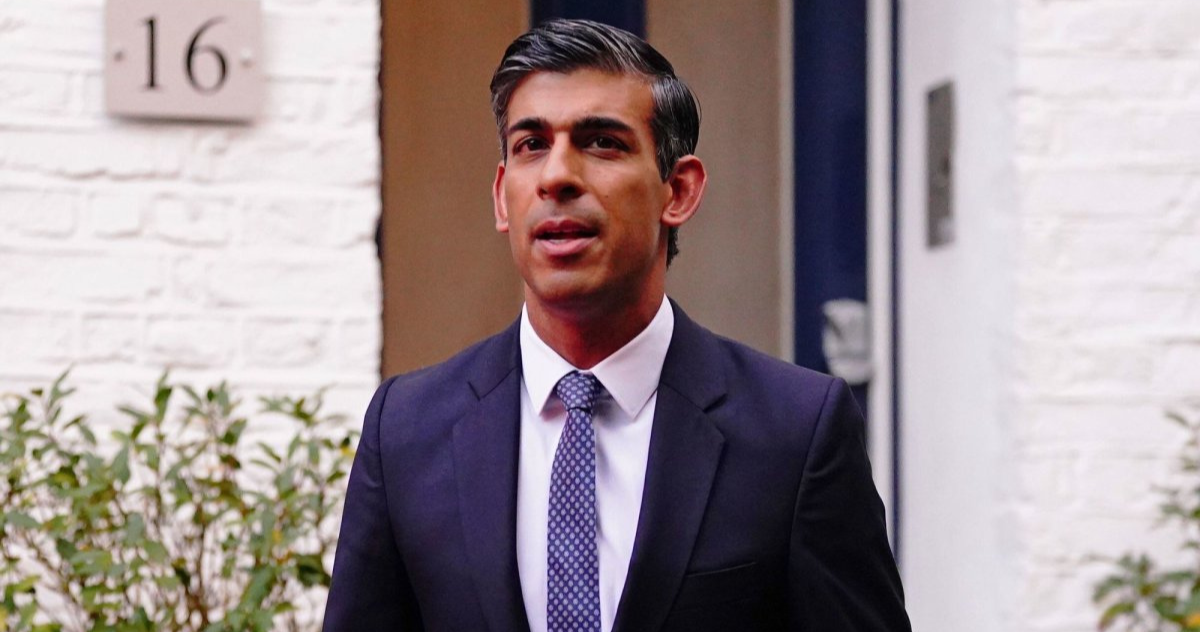London (Parliament Politic Magazine) – Rishi Sunak’s one-year anniversary as Prime Minister coincided with the distressing revelation that one million British children are currently living in destitution. This dire situation demands immediate action from Sunak. Studies have consistently demonstrated that children in poverty do not reach their full potential academically, which not only affects their own educational development but also has a ripple effect on their classmates and their ability to contribute to society.
Moreover, the well-documented health disparities stemming from poverty result in avoidable long-term costs for the National Health Service (NHS). Therefore, any failure by government ministers to address this issue effectively is not only detrimental to the well-being of these children but also undermines the future prosperity of the entire nation.
Labor Party Reduced Child Labor
During their time in government, the Labour Party successfully reduced child poverty and even legislated to completely eradicate child poverty by 2020. However, the Conservative Party has overseen an alarming increase in child poverty and, to make matters worse, they have repealed the legislation aimed at eliminating child poverty.
Notably, the same week that marked Rishi Sunak’s one-year anniversary as Prime Minister, the government scrapped the cap on bonuses for bakers, revealing a stark contrast in political priorities. These actions appear incongruous with the needs and values of Southwark.
In 2017, I established an emergency food bank in my Bermondsey office to assist local residents. Six years later, it is disheartening to witness the continued surge in foodbank dependency under Tory rule, with thousands in our borough still reliant on such support.
Sunak, in his set of priorities for the past year, included objectives like reducing NHS waiting lists, addressing immigration via the Channel crossings, and tackling inflation. These priorities reflect the choices and focus of the current government, which some may find contentious given the pressing issues of child poverty and food bank dependency in our community.
Performance of Rishi Sunak in Addressing Key Issues
Rishi Sunak’s performance in addressing the key issues he outlined has been less than stellar. NHS waiting lists have ballooned to over 7.5 million, the challenge of boat crossings continues with a significant number of Afghan allies seeking refuge in the UK, and inflation is driving up the costs of essential items, with the recent Tory ‘Mini-Budget’ resulting in an additional £500 per month burden on people’s mortgages.
It’s important to note that Rishi Sunak was not elected as Prime Minister; rather, he was appointed by Tory MPs. However, he was operating based on the 2019 Tory election manifesto, which included pledges to reform mental healthcare (subsequently abandoned), revamp social care (also abandoned), and support our armed forces personnel (another commitment that was abandoned). Furthermore, Sunak reneged on his manifesto promise to maintain international aid, and recent events have shed light on the practical implications of that decision.
Read More: UK Parliament Requests Testimony on NDA Impact on Women in the Music Industry
UK Provided Aid to Palestine
In 2019, the UK provided over £50 million in aid to Palestine, but government ministers have significantly reduced this support to just £10 million. The current situation in Palestine calls for international aid more than ever, and this decision to cut aid has raised concerns among many. It’s evident that this issue has garnered significant attention, as you’ve been contacted by over a thousand concerned individuals regarding the crisis in Palestine. The need for humanitarian assistance in the region remains pressing, and the decision to reduce aid has sparked a broader public discussion on this matter.
The current humanitarian crisis demands our utmost attention and swift resolution. It is imperative that we extend our assistance to those who are most vulnerable and in dire need. Yet, we must not overlook the significance of instilling hope within the Palestinian population, offering them a vision of a future characterized by long-term stability and genuine peace.
To achieve this ambitious goal, it is essential for Israel, the United States, Saudi Arabia, Egypt, Jordan, and the United Kingdom to join forces and collaborate effectively. Regrettably, the presence of Hamas poses a significant obstacle to the realization of this shared objective.
Unfortunately, we are all too familiar with the devastating consequences of terrorism within our community, as exemplified by the Borough Market attack. However, it is disheartening to witness Hamas perpetrating heinous acts of violence on the 7th of October, while their leaders continue to advocate for further assaults on innocent individuals.

